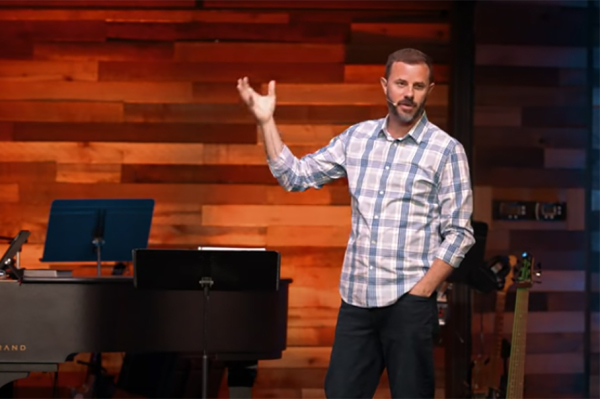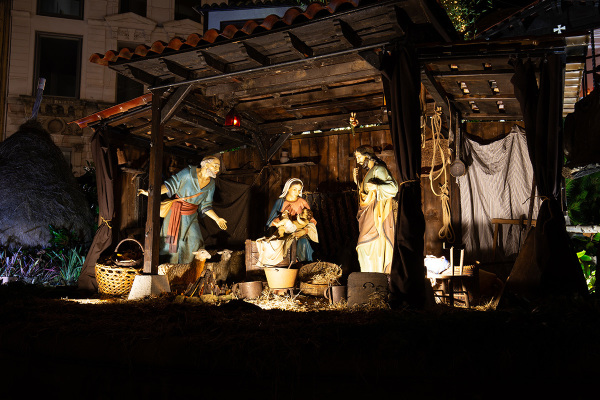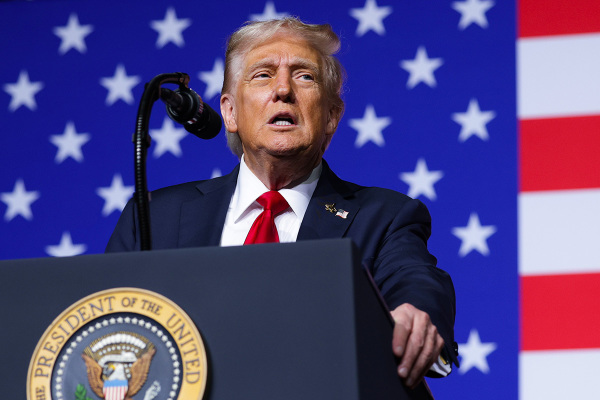Study: American 'Millennials' Value Family Most
NASHVILLE, Tenn. – When asked what's important in life, most American "Millennials" – those born between 1980 and 1991 – say family comes first, ahead of friends, education, careers and even religion.
That's the finding of LifeWay Research based on a wide-ranging August 2009 survey of 1,200 Millennials in the United States. The study forms the basis for the upcoming book "The Millennials: Connecting to America's Largest Generation" by Dr. Thom Rainer and his son Jess Rainer.
Sixty-one percent of Millennials place family at the top of their priority lists, followed by friends (25 percent), education (17 percent), careers/jobs (16 percent), spouses/partners (13 percent), and spirituality/religion (13 percent).
Other responses to the open-ended question include: finances (12 percent), happiness (12 percent), raising kids (11 percent), health (10 percent), activities (9 percent), well-being (9 percent), the future (5 percent), nature/pets (5 percent), and use of time (4 percent).
Total percentages exceeded 100 because respondents were permitted to list more than one priority.
Differences between population groups
There are major differences between population groups concerning their priorities. For example:
- Family is mentioned more often by whites, the more educated, married, and those who are broadly Christian.
- Friends are more important to younger Millennials, those with higher incomes, whites and Asians, those with more than a high school degree, and singles.
- Health is a higher priority for older Millennials, those with mid-range and higher incomes, those with more education, and those from non-Christian religions.
- Happiness is more important to those with higher incomes, Westerners, those not trusting Christ as Savior, and those who do not consider themselves even broadly Christian.
- The future is more important to blacks and those not already married.
"Millennials are committed to family above other priorities, even though many are waiting to start their own families," said Thom Rainer, president of LifeWay Christian Resources. "To minister effectively, the church should tap into this priority among Millennials. Churches with a strong understanding and sense of family will be able to more easily reach Millennials. I expect that ministries that cross generations – such as older adults mentoring young adults – could be highly effective in connecting Millennials to Jesus."
In their words
Respondents often list priorities in groups rather than individually. One said, "Family, friends, and happiness [are most important]. Vacationing and enjoying free time with the people I love. Music and being spontaneous." Another answered, "Finding a career, my friends, my family, my health."
Some Millennials express hope in the midst of despair about the world around them. Said one respondent: "My family and dreams [are most important]. These two things kept me motivated to thrive in this dark life."
Others provide more optimistic answers concerning their priorities: "My religion, my family, continually working on self-improvement, serving people, living a fulfilling life."
A variety of simple pleasures finds its way into respondents' priorities as well. One Millennial named as top priority, "My PlayStation 3 ... I can't live without it." Another said it's important to "feel good about myself," and another found it important to "have time to do activities for pleasure."
The importance of religion/spirituality
While overt Christian messages are relatively few in number, some place their relationship with Jesus at the top of the list.
Even so, two-thirds of those who indicate they trust Christ as Savior mention nothing about faith, religion or spirituality when asked to name what's really important in their lives.
Others who list the importance of faith were the churched (31 percent); those with graduate degrees (23 percent); and those claiming to be broadly Christian (18 percent).
Only 3 percent of the unchurched mention faith, while 2 percent of those who claim no religious affiliation say faith is important in their lives.
"For many Millennials, Christianity is a family heirloom rather than a faith commitment," said Rainer. "The Christian faith in America is being passed to a generation that is slow to embrace a relationship with Jesus Christ and even slower to treasure it."
Who are the Millennials?
Sixty-five percent of respondents identify themselves as Christian, while 14 percent say they are atheist or agnostic, 14 percent list no religious preference, and 8 percent claim other religions. (See "Study finds American 'Millennials' are spiritually diverse").
One-third of all Millennials strongly agree that they have made a personal commitment to Jesus Christ that is still important in their life today. Another 24 percent somewhat agree, 17 percent somewhat disagree and 26 percent strongly disagree.
Methodology: LifeWay Research, in August 2009, conducted a national, demographically representative survey of 1,200 U.S. adults born between 1980 and 1991. The sample provided 95 percent confidence that the sampling error does not exceed +/-2.8 percent.





















